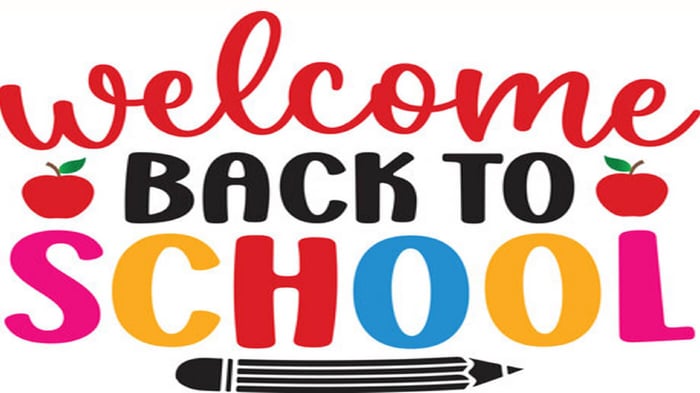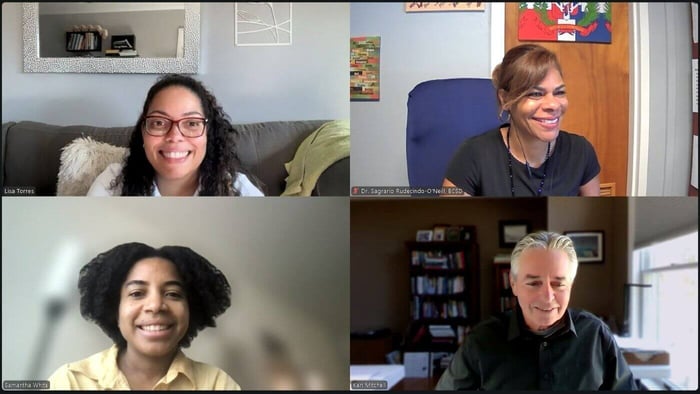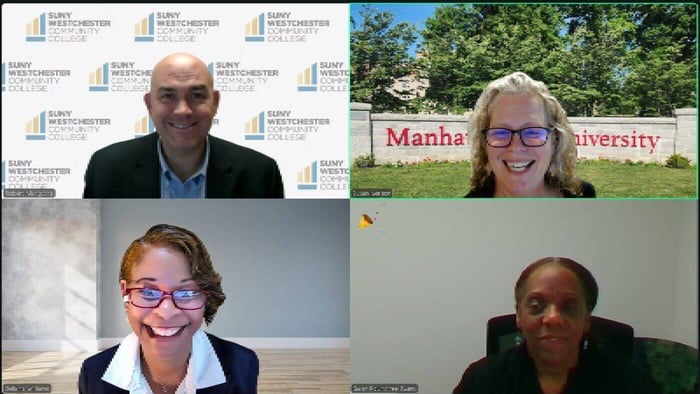Back to School Season
Students returned to schools and campuses in late August and early September, possibly recalling for others a memory from more than 2 decades ago. Staples had a popular “back to school” commercial in which parents gleefully pushed carts down store aisles and they sashayed to “It’s the most wonderful time of the year” – a song typically reserved for December. Sad-faced children were contrasted with parental joy as the return to school signal the summer break coming to an end.
Autumn of 2025, however, does not seem to have the same skip in its step as students, families, educators, and leaders grapple with a tsunami of issues and challenges. Doctoral students and alumni at Manhattanville University take on these matters through their research in educational leadership. In this blog, we feature some of these timely topics.
In this “Back to School” season blog, we feature various topics that students, teachers and leaders face as they start the new academic year. Our doctoral student research continues to contribute and shine light at these challenges. These individuals are driven by their passion for empowering change and transforming lives. Join us as we celebrate their academic achievements, professional successes, and the meaningful work that they do each and every day.
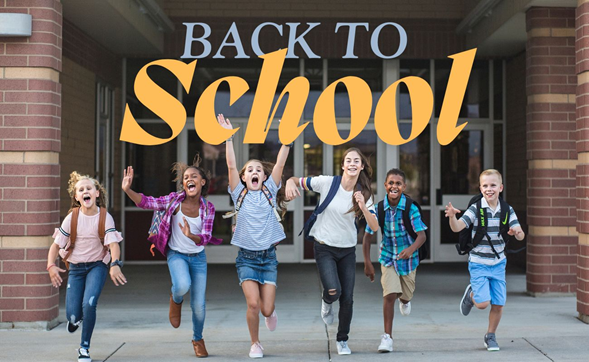
Distraction Free Schools

As of September, New York is requiring statewide, bell-to-bell restrictions on smartphones in K-12 schools. Governor Hochul developed and enacted this initiative based on feedback from teachers, parents and students. As stated in a recent NYSUT article, 7 hours to be kids again, “this isn’t about being anti-technology – it’s about being pro-childhood.”
Under the new regulations taking effect this school year, school districts across New York developed their own policy for restricting smartphones – empowering administrators and teachers to advance a plan that works best for their buildings and students.
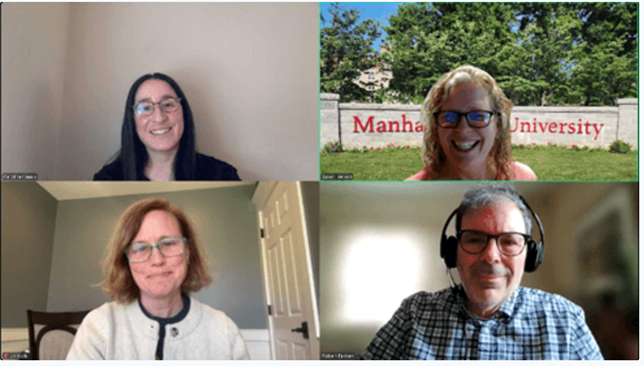
Dr. Caroline Haack, with dissertation chair, Dr. Susan Iverson, and committee members, Drs. Rob Feirsen and Elizabeth Keren-Kolb (clockwise)
Dr. Caroline Haack (EdD 2025), in a qualitative study completed just prior to the bell-to-bell restrictions on smartphones in K-12 schools, interviewed college students about their social media use during high school and college. Drawing upon Leon Festinger’s Social Comparison Theory, this interpretive inquiry sought to understand the role that social media plays on students' well-being and identify college students’ shifting comparison groups from high school to college.
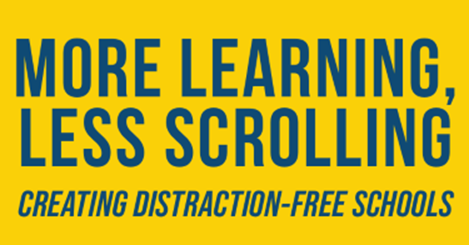
Dismantling DEI
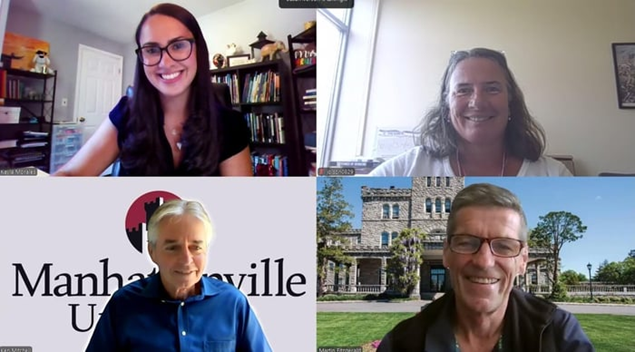
Dr. Kayla Morales, with dissertation chair, Dr. Ken Mitchell, and committee members, Drs. Martin Fitzgerald & Jenny Olson (counter clockwise)
Dr. Kayla Morales in her dissertation, "THE INFLUENCES OF EACTIONARY FORCES AND OPPOSITIONS TO DIVERSITY, EQUITY, AND INCLUSION (DEI) ON SUBURBAN MIDDLE SCHOOL LANGUAGE ARTS AND SOCIAL STUDIES CLASSROOMS" investigated how educators, specifically in middle school language arts and social studies classrooms, are responding to DEI opposition.
This study highlights the complex challenges educators face in fostering inclusive classrooms amid rising opposition to DEI. These challenges hinder their ability to engage students in meaningful conversations about DEI related topics. It underscores the need for school leaders and policymakers to provide professional development, institutional clarity, and protective policies that empower educators to teach inclusively in an increasingly diverse and politically complex educational landscape.
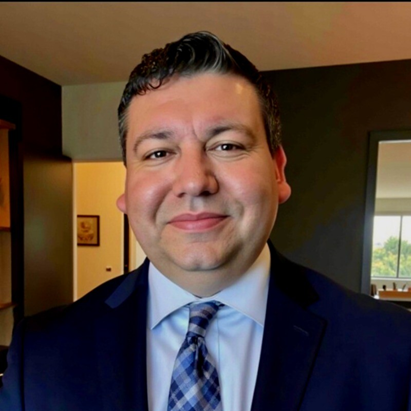
Dr. Jason Rodriquez
Dr. Jason Rodriquez (EdD 2026) in his dissertation, "A CRITICAL QUALITATIVE STUDY OF LATINO CHIEF DIVERSITY OFFICERS’ COMMUNITY CULTURAL WEALTH" conducted a critical qualitative study to uncover how Latino Chief Diversity Officers (CDOs) navigate their leadership roles and address barriers to fostering a more inclusive campus environment.
This study found that Latino CDOs navigate roles that are often symbolic and under resourced; yet they sustain their leadership through cultural knowledge and networks. By leveraging aspirational, linguistic, familial, social, navigational, and resistant capital (Yosso, 2005), participants reframed DEI leadership as both resilience and cultural affirmation. Findings underscored the need for institutions to affirm cultural identity a leadership asset, align authority with responsibility, and create sustainable structures that protect and advance DEI leadership.
Mental Health Awareness
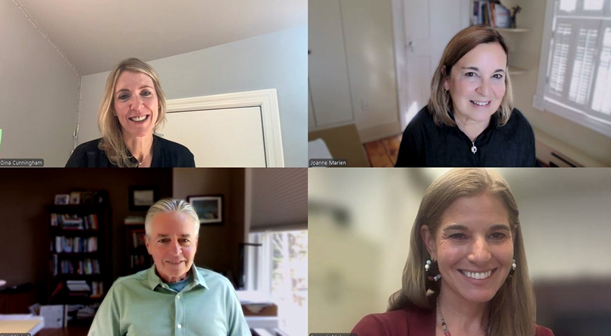 Dr. Gina Cunningham, with dissertation chair, Dr. Ken Mitchell, and committee members, Drs. Amanda Nickerson & Joanne Marien (counter clockwise)
Dr. Gina Cunningham, with dissertation chair, Dr. Ken Mitchell, and committee members, Drs. Amanda Nickerson & Joanne Marien (counter clockwise)
Doctoral candidate, Dr. Gina Cunningham, recently defended her dissertation proposal for a qualitative study of the role of mental health support staff during the planning, implementation, and assessment of lockdown drills across grades 5-8. Horrific, high-profile shootings on school property have become more frequent in the past 5 years (Kim, 2025), and lockdown drills are ubiquitous. Research has investigated, and questions persist regarding, the psychological impact of mandated safety protocols and drills on student’s functioning and mental health (Bonanno et al., 2021). While scholarly attention has focused on building leaders and teachers, it is unclear whether or how school mental health professionals, who presumably are versed in student development, response to traumatic events, and crisis response protocols, are involved in the implementation of lockdown drills.
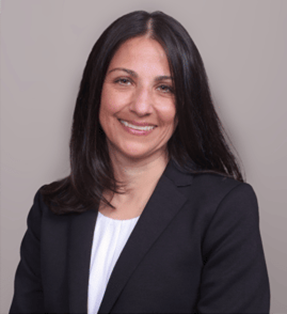
Dr. Teresa Letizia
As students' mental health needs continue to rise, social emotional learning (SEL) initiatives have emerged as a vital educational approach, promoting student social emotional competences and well-being. Dr. Teresa Letizia (EdD 2025) investigated how elementary school teachers in New York public schools implement SEL curriculum. Without a deeper understanding of teachers’ experiences and the challenges they face, SEL curriculum implementation risks becoming disconnected from daily practice and from the support students urgently need.
The findings revealed that strong teacher-student relationships and emotionally safe classrooms were central to effective SEL (microsystem). Teachers actively engaged families through SEL language and tools (mesosystem). However, professional learning opportunities were often limited or episodic, and administrative support -though recognized as critical- was frequently insufficient (exosystem). Broader influences, such as district mandates and the lingering effects of the COVID-19 pandemic, presenting increased emotional needs and learning disruptions, also shaped teachers’ experiences (macrosystem and chronosystem).
The Need for Recess
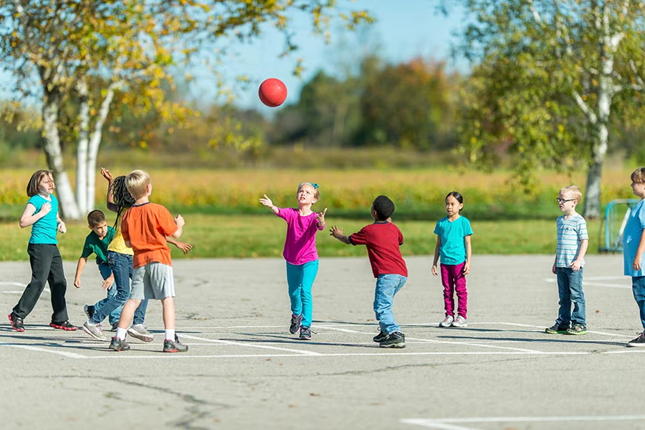
In addition to curricular initiatives designed to support students, the need for unstructured play is also essential. Emily Allen, in NYSUT United magazine, reported that unstructured opportunities for play “has been quietly eroded” (2025, p. 14). Ample research attests to the essential role of play in healthy development and doctoral research has added to that knowledge base.
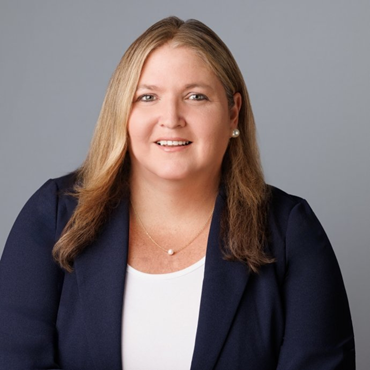
Dr. Teresa Quackenbush
Dr. Teresa Quackenbush (EdD 2023), in her qualitative study, described novice (5 years or less) early childhood teachers’ perceptions of the role of play in grades K, 1 and 2, and their experiences with integrating play under their school’s standardized curriculum. Through interviews with 17 early childhood teachers, she found that early childhood teachers value play as a necessary conduit to learning for their students and explain how play serves as a formidable social emotional anchor for learning.
Teachers, in Quackenbush’s study, emphasized the need for more teacher autonomy with utilizing play and call for a repositioning and refinement of play as an instructional tool. Based on the study’s findings, a number of recommendations were made, as well as suggestions for future areas of research, to support play-based learning under a standardized curriculum.
In times of high stress, students and educational professionals need to play. “Recess” – meaning an opportunity to pause or take a break in an activity – should be, as Allen (2025) argues, a right, not a privilege.
Mindfulness
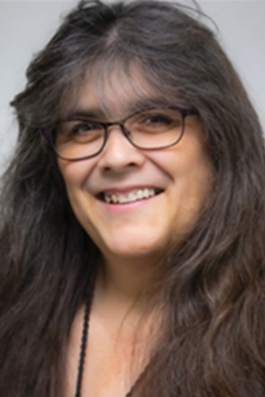
Dr. Doreen Marie Pontius
Dr. Doreen Marie Pontius (EdD 2026) investigated a different form of “recess” – the potential and possibilities for mindfulness in the college curriculum. College students, and for Pontius’ research purposes, community college students, often experience high stress levels, which can impact their success and increase their risk of dropping out of school (Lipson et al., 2021). Pontius’ qualitative research delved into community college students’ perceptions of mindfulness strategies integrated into their course curriculum. Findings revealed that in addition to increased self-awareness, empathy, and compassion, participants described cognitive benefits including improved reflective and critical thinking, enhanced focus, and stress management. Notably, participants also described a sense of belonging and connection with others, such as peers and faculty.
Findings revealed that participants associated mindfulness with increased self-awareness, empathy, and compassion. In addition to fostering emotional growth, participants described cognitive benefits including improved reflective and critical thinking, enhanced focus, and stress management. Participants also described a sense of belonging and connection to their peers and professors. Her findings add to a growing body of scholarship that emphasized mindfulness as a key component of holistic, inclusive, emotionally supportive learning classes. Participants in this study noted that professors who had integrated mindfulness practices into their courses helped them feel seen, valued, and cared for.
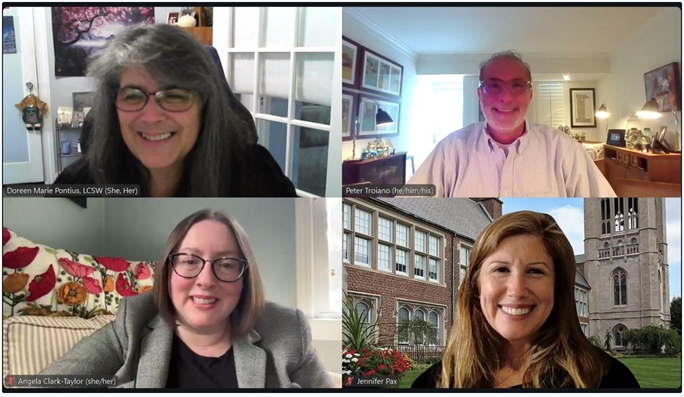
Dr. Doreen Pontius, with dissertation chair, Dr. Peter Troiano, and committee members, Drs. Jennifer Pax and Angela Clark-Taylor (clockwise)

Take Your Career to the Next Level
Elevate your leadership skills, deepen your understanding of critical and contemporary education issues, and learn to help solve the current challenges in P-20 education.
Learn to Inspire Change
The Doctoral Program in Educational Leadership from Manhattanville, offered in partnership with Putnam Northern Westchester BOCES, utilizes a forward-thinking approach to educational leadership that is ideal for practicing and aspiring leaders in any educational context. It is designed to support the goals of educational professionals who seek to develop their leadership skills for career advancement or current job enhancement.
Learn More About the Doctoral Program in Educational Leadership
The Need for Recess

